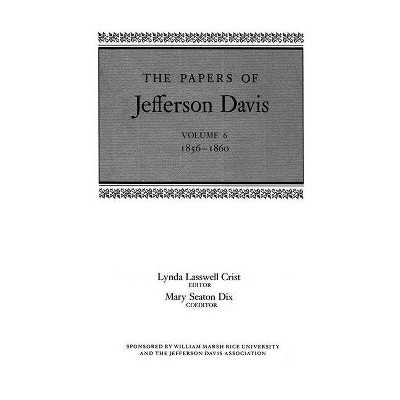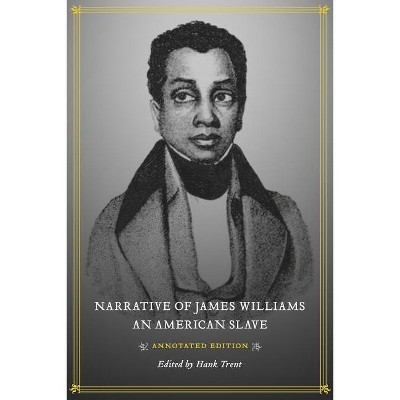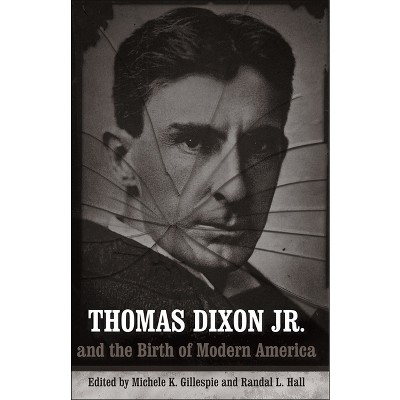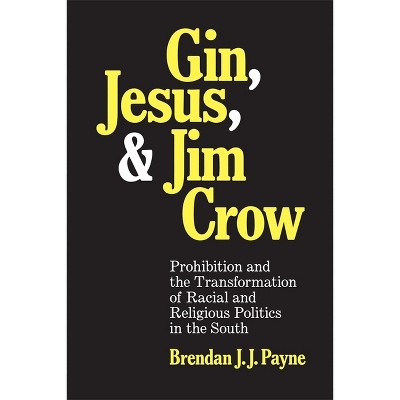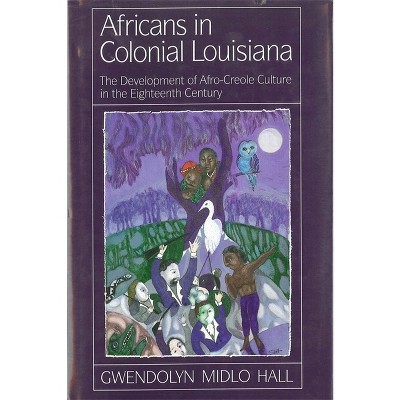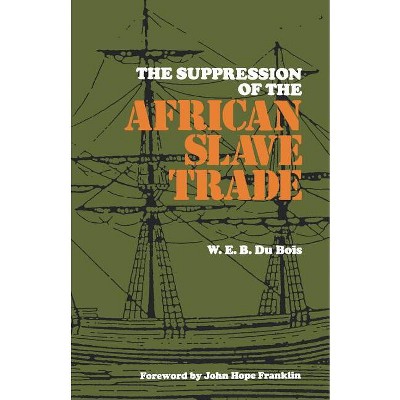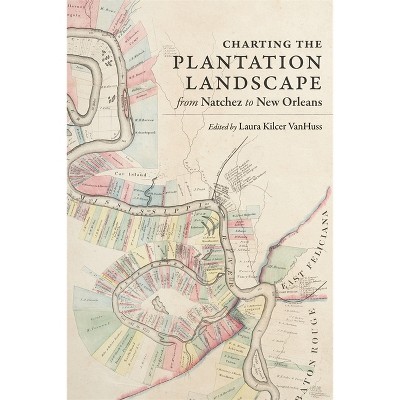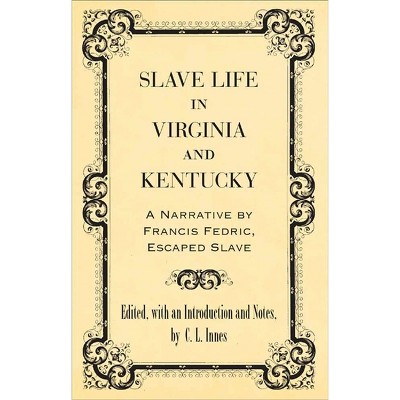Sponsored

Social Control in Slave Plantation Societies - by Gwendolyn Midlo Hall (Paperback)
In Stock
Sponsored
About this item
Highlights
- First published in 1971, Gwendolyn Midlo Hall's comparison of two developing sugar plantation systems -- St. Domingue's (Haiti) in the eighteenth century and Cuba's in the nineteenth century -- changed the focus in comparative slavery studies.
- About the Author: Gwendolyn Midlo Hall is professor of history at Rutgers University and consulting professor of history at the University of New Orleans.
- 184 Pages
- Social Science, Slavery
Description
Book Synopsis
First published in 1971, Gwendolyn Midlo Hall's comparison of two developing sugar plantation systems -- St. Domingue's (Haiti) in the eighteenth century and Cuba's in the nineteenth century -- changed the focus in comparative slavery studies. Hall establishes that slavery and race relations in any given time and place were determined by strategic needs, the raison d'etre of the colony, evolving economic and demographic factors, and above all, by the need to preserve social order in colonies where the slave population was large, active, competent, resourceful, and independent minded. She delineates a pattern of racism rising and entrenching itself as a matter of public policy, as a means of bolstering the exploitative system, a pattern that recurred throughout the hemisphere.
From the Back Cover
First published in 1971, Gwendolyn Midlo Hall's comparison of two developing sugar plantation systems - St. Domingue's (Haiti) in the eighteenth century and Cuba's in the nineteenth century - changed the focus in comparative slavery studies: the prevailing static treatment, which assumed that the European colonizer determined the nature of slave systems and that slaves were powerless and insignificant beneficiaries of the paternalism of Latin American masters, gave way to a dynamic, multifaceted approach employed by Hall. In Social Control in Slave Plantation Societies, Hall establishes that slavery and race relations in any given time and place were determined by strategic needs; the raison d'etre of the colony; evolving economic and demographic factors; and above all, by the need to preserve social order in colonies where the slave population was large, active, competent, resourceful, and independent-minded. She delineates a pattern of racism rising and entrenching itself as a matter of public policy, as a means of bolstering the exploitative system - a pattern that recurred throughout the hemisphere.About the Author
Gwendolyn Midlo Hall is professor of history at Rutgers University and consulting professor of history at the University of New Orleans. Her second book, Africans in Colonial Louisiana, has won numerous prizes, including the John Hope Franklin Prize of the American Studies Association and the Elliott Rudwick Prize of the Organization of American Historians. Her latest book is Love, War, and the 96th Engineers (Colored): The World War II New Guinea Diaries of Captain Hyman Samuelson.
